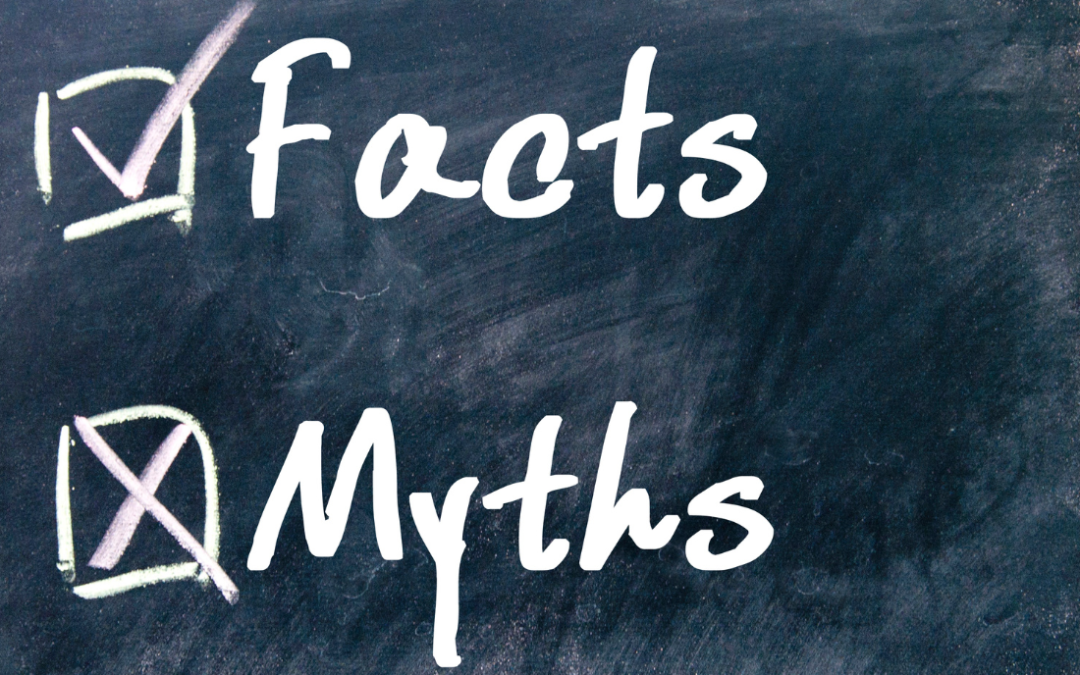Ketogenic Diet and Weight Loss – Common Myths
In the world of Weight Loss, few diets have garnered as much attention and controversy as the ketogenic diet. Lauded by some as a miraculous solution for weight loss and vilified by others as a dangerous fad, the ketogenic diet has sparked numerous debates and misconceptions. Let’s delve into some of the common myths surrounding the ketogenic diet and its effectiveness for weight loss.
Myth 1: The Ketogenic Diet is a Quick Fix for Weight Loss
One of the most prevalent myths about the ketogenic diet is that it offers a quick and effortless solution for losing weight fast. While it’s true that many people experience rapid weight loss in the initial stages of following a ketogenic diet, this weight loss is often attributed to water or muscle loss rather than fat loss. This might be ok in the first few weeks, but it’s not the way you want to continue losing weight.
If your body is damaged or unhealthy when you start, the weight loss may happen slowly as your body slowly heals and make healthier new cells. The great news is, as you are healing your body at the same time, the weight loss will be permanent.
Myth 2: The Ketogenic Diet is Harmful to Your Health
Another misconception surrounding the ketogenic diet is that it is inherently harmful to health due to its high-fat content. Critics argue that consuming large amounts of saturated fats can lead to elevated cholesterol levels and an increased risk of heart disease.
However, proponents of the ketogenic diet point to research indicating that it can improve markers of cardiovascular health, such as reducing triglyceride levels and increasing levels of HDL cholesterol (the “good” cholesterol). Additionally, many individuals report improvements in blood sugar control and insulin sensitivity when following a ketogenic diet, which can be beneficial for those with type 2 diabetes or insulin resistance. To learn more about this, check out my FREE VIDEO.
It’s essential to note that not all fats are created equal, and the ketogenic diet emphasises healthy fats such as avocados, nuts, seeds, and olive oil, while limiting intake of processed and trans fats. A ketogenic diet doesn’t necessarily mean eating fat all day either, my clients enjoy a “mediterranean” style of Keto.
Myth 3: The Ketogenic Diet is Unsustainable in the Long Term
Some skeptics argue that the ketogenic diet is too restrictive and difficult to maintain over the long term, making it an unsustainable approach to weight loss. They assert that the elimination of major food groups such as fruits, grains, and legumes can lead to nutritional deficiencies and cravings, ultimately resulting in rebound weight gain.
While it’s true that the ketogenic diet requires a significant shift in dietary habits and may pose challenges for some people, many people successfully adhere to the diet long term and experience lasting weight loss and health benefits. Moreover, there are variations of the ketogenic diet, such as the cyclical ketogenic diet and the targeted ketogenic diet, which allow for periodic carbohydrate consumption and may be more sustainable for some people.
Wwhile the ketogenic diet has its critics and controversies, separating fact from fiction is essential for making informed decisions about its suitability for weight loss and overall health. Like any dietary approach, the ketogenic diet is not a one-size-fits-all solution, and individual factors such as medical history, lifestyle, and personal preferences should be considered before embarking on any significant dietary changes. By dispelling common myths and understanding the science behind the ketogenic diet, individuals can make empowered choices that align with their health and wellness goals.
Check out my other blog posts here for more Australian keto articles.

